Austria, Russia summon diplomatic representatives amid espionage allegations
Russia and Austria have summoned each other's diplomatic representatives amid a dispute over allegations of Russian espionage involving a retired Austrian colonel.
The diplomatic tensions came after Austrian foreign minister Karin Kneissl's demanded that Russia provide explanations about the case and canceled a scheduled trip to Russia.
In a report citing the Austrian Ministry of Defense, Austrian newspaper Kronen Zeitung said a 70-year-old Austrian colonel had been transferring information about the country's migration crisis, military aircraft and artillery to Russian intelligence services since the late 1990s till 2018.
The report further alleges that the suspect is said to have received 300,000 Euros from the Russian services and may now face a maximum two-year detention.
Russian foreign minister Sergei Lavrov rejected the allegations, saying that he was “unpleasantly surprised” by the news. Lavrov said Western powers are increasingly using “loudspeaker diplomacy” to publicly blame Russia for “an issue that we know nothing of.”
Austrian Chancellor Sebastian Kurz said that "we are demanding transparent information from the Russian side," adding the country "will discuss the rest with our European partners," if the suspicions are proven to be true.
Kurz's far-right associated government's claims may further instigate tensions with Russia, adding to a growing string of Western allegations of cyber attacks, espionage operations originating from Russia, which the Kremlin has dismissed as “Russophobic hysteria.”
Last month, British officials accused Moscow of carrying out a cyber attack on the Organization for the Prohibition of Chemical Weapons (OPCW).
London alleged that the attempts to hack the organization showed that Russia was also behind the March attack in Salisbury, during which ex-spy Sergey Skripal and his daughter were targeted by nerve agent.
The US and more recently the Netherlands have also accused the Kremlin of orchestrating similar attacks.
Moscow has long been pressured by the West over a series of issues, including the 2014 reintegration of the Crimean Peninsula, and Russia's military assistance to Syria in its fight against foreign-backed terrorists in the war-torn country.
Observers believe that the Trumps administration's recent decision to pull out of the Intermediate-Range Nuclear Forces Treaty (INF) with Russia and growing NATO presence and military activities in Eastern and Baltic regions near Russia’s border signal higher tensions in the near future.
VIDEO | Press TV's news headlines
Iran censures US veto of Palestinian request for full UN membership
Over 14,000 kids killed in Israel’s war on Gaza: UNICEF
VIDEO | Iran’s National Army Day marked at the Iranian embassy in Moscow
VIDEO | Iranian culture fosters further development, understanding in SA
VIDEO | People in Amman hold protest in support of Palestinians
French police arrest man after threatening to detonate himself at Iran consulate
Yemenis, Jordanians reiterate support for Palestinians in Gaza



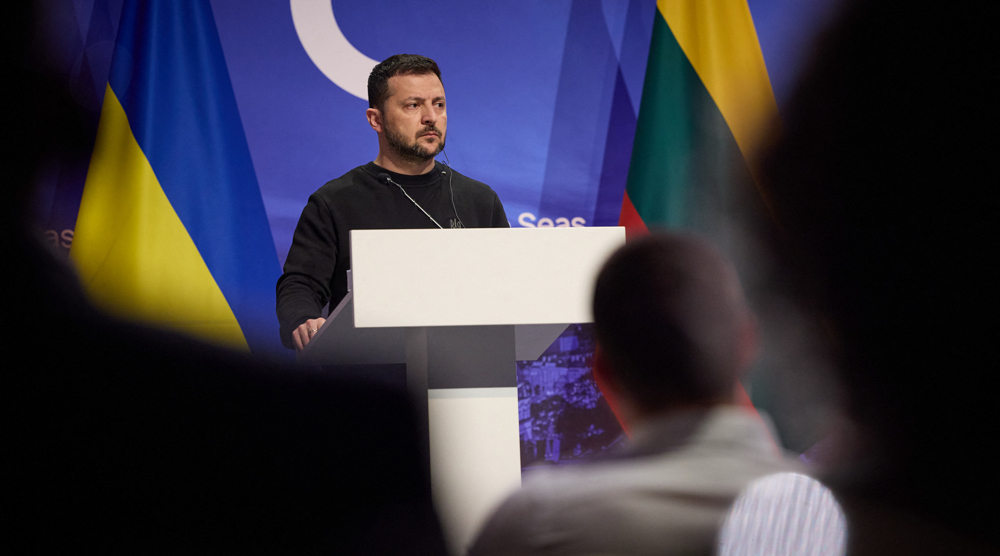
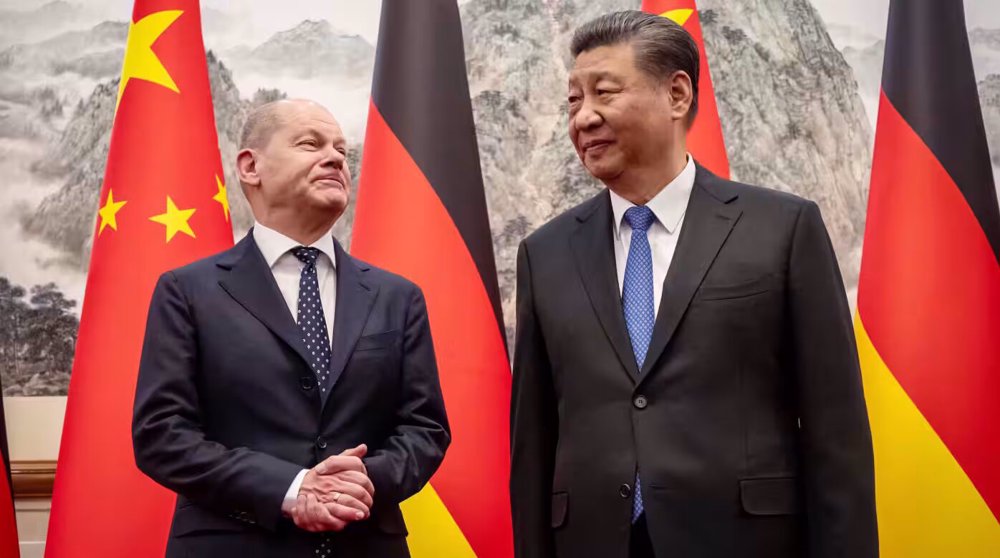
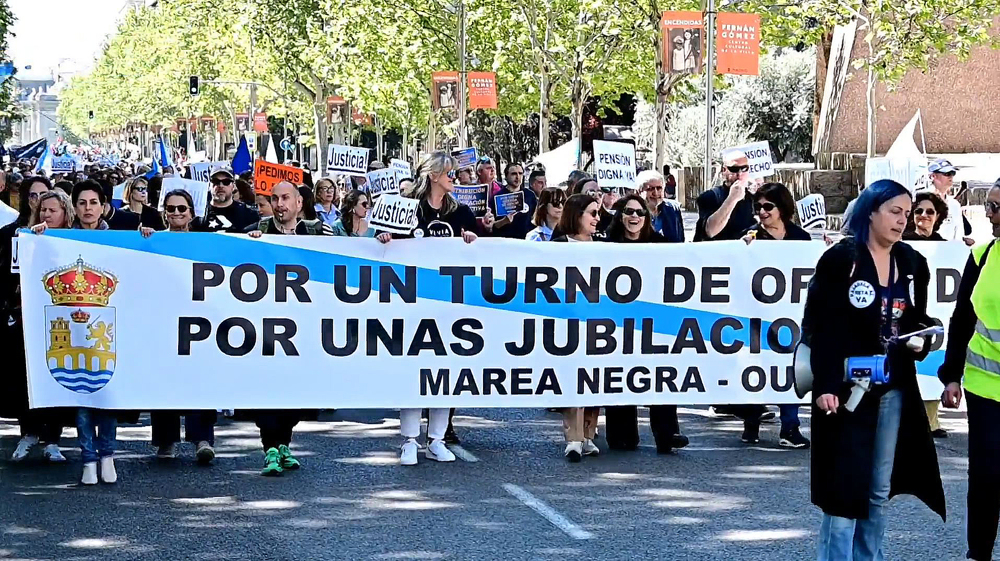




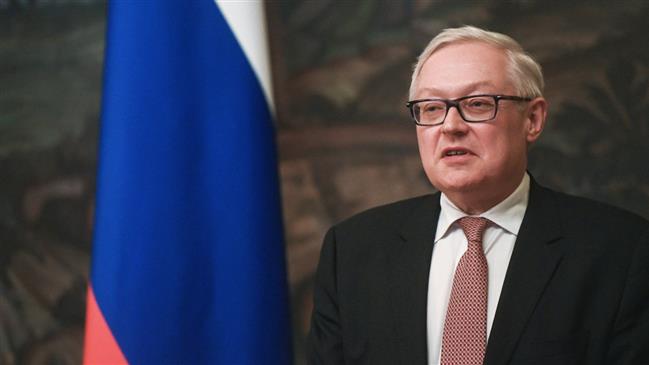
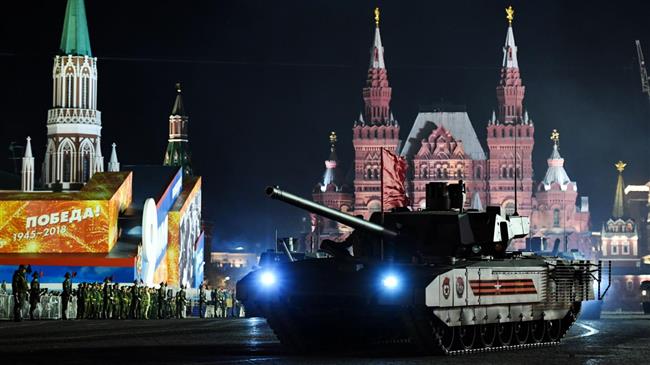

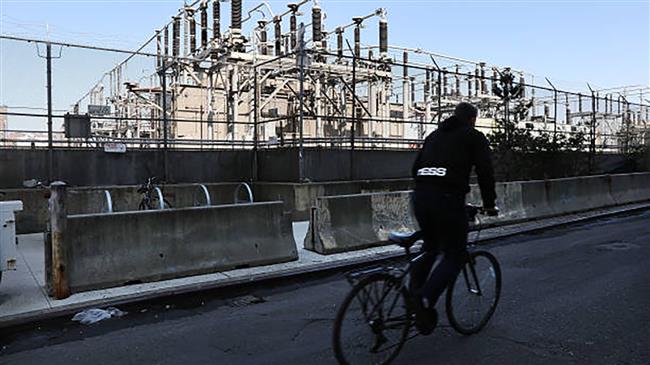

 This makes it easy to access the Press TV website
This makes it easy to access the Press TV website